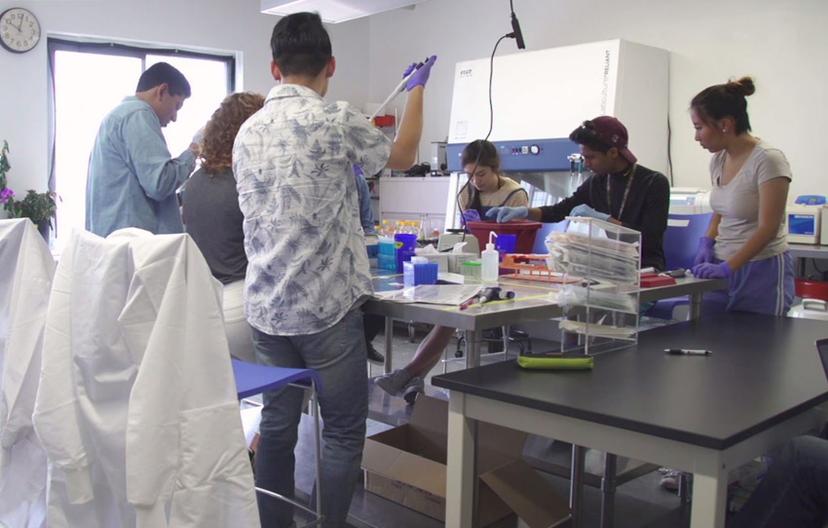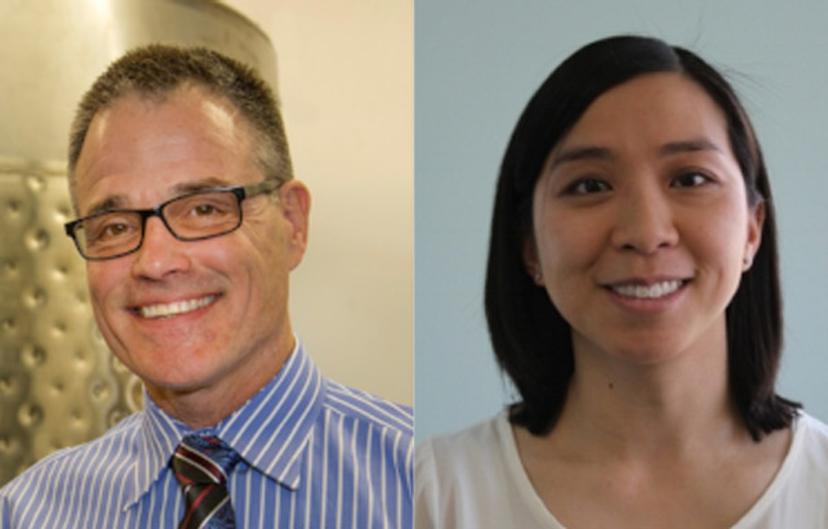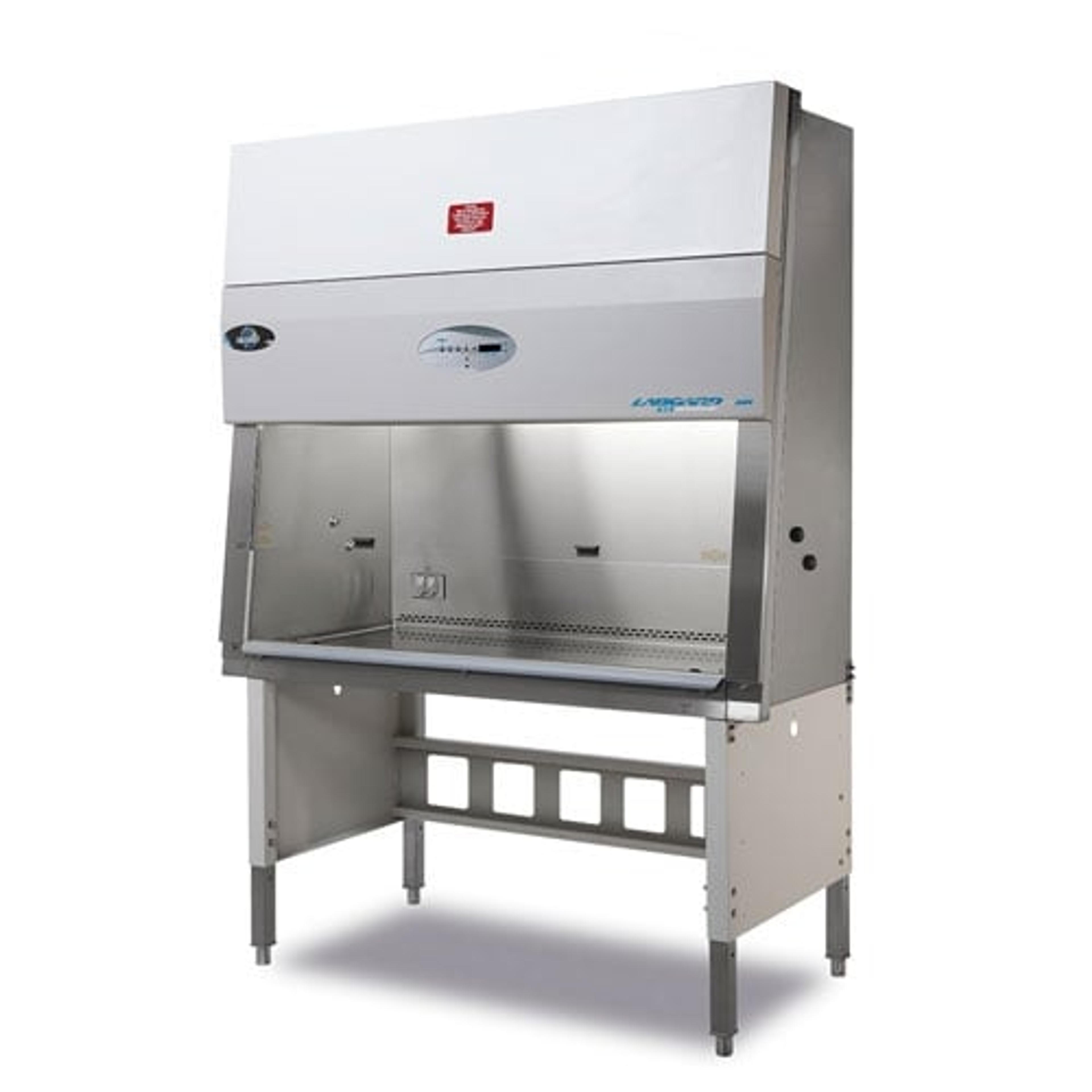Building a Life Sciences Network to Train the Next STEM Generation
A new network in the US – the Readiness Acceleration and Innovation Network, or RAIN for short – is catalyzing biotech business and training the next generation of young scientists to work in a laboratory setting. As ever, equipment is key
14 Aug 2018
In an increasingly technological world, there can be fewer more worthy activities than ensuring that today’s young scientists are equipped to work in tomorrow’s laboratories. The education system can take our young people so far, but something more is usually needed to bring the knowledge gained through to real-world practical application. That is where novel and creative initiatives based within communities can help.
Tucked away in downtown Tacoma in Washington state, USA, is the newly-established non-profit organization that is barely a year old, but growing both new biotech businesses and training up high school and university students with the life science skills they need. Spearheading research at RAIN is Dr. Judy Nguyen, a research scientist with a background in neuroscience and molecular biology and an interest in developing methods to improve the detection of health-related or environmentally-related targets.
As Head of Scientific Research at RAIN, Nguyen is integral to the organisation’s ambitions to build talent, companies, and jobs in the Tacoma area. Bringing together the resources of the community into a single cohesive life sciences network has been a challenge, but RAIN is working multiple angles to develop resources at every level. Nguyen is particularly passionate about exposing students at an early age to science. Students are filled with untapped potential and allowing them the opportunity to explore potential career fields will help them clarify what they want to accomplish in their lives. This will provide them with greater direction and motivation to select their educational and career tracks. So, how has she achieved this at RAIN?

Synthetic biology – a new frontier
One answer to that question has been to create a team called the RAIN Makers! This is a group of local students who have been brought together by RAIN to participate in the annual iGEM Foundation competition. Standing for the International Genetically Engineered Machine, iGEM is an independent, non-profit organization dedicated to the advancement of synthetic biology through education and competition.
As Nguyen explains: “The iGEM Foundation runs a competition every year for synthetic biology. For RAIN, we've created a team called the RAIN Makers and they are developing an arsenic sensor for our community. It's a biological circuit that contains an arsenic regulator gene and a chromoprotein as a reporter.”
Nguyen continues by linking this project to RAIN’s mission of a comprehensive development of biotechnology from education to commercialization: “To prepare for the competition, we discussed the molecular biology and biochemistry that they have to perform — understanding what synthetic biology is and how they would create the sensor, and then how that translates to a commercial product.”
Judging by the experience of one of the high school seniors participating in the team, Keshava Katti, the RAIN’s ambitions are being realized: “My favorite part about this experience is really seeing the transition from doing theoretical work in school to coming in a lab setting and being able to do the work myself. With this synthetic biology approach, any user would be able to take this piece of paper which is infused with DNA material, put it into contact with an environmental sample and be able to identify qualitatively how much arsenic is in their sample.”
The RAIN Makers team has been using the lab’s NuAire biological safety cabinet to conduct its research in a controlled environment.
Established technology from NuAire
When it comes to training up teenage students, being able to depend on robust, reliable, and easy-to-use equipment is of particular importance.
The biological safety cabinet that the RAIN students have been using is a case in point, as Nguyen explains: “The NuAire model we have is an older model. I believe it is about 30 years old, but it still works just as well as a new one. We really like equipment that has a long history; that has a proven record of being robust, and that doesn't break down and that's just very hardy and easy to use.”
A sunny future for RAIN
RAIN’s Medical Director, Dr. David McCune, believes that RAIN has demonstrated its value in a very short time and that demand for its services will increase.
“We're less than a year old and we already have a successful track record of helping small businesses grow from the point where they need our help until they graduate and don't need our help any longer,” says McCune. ”That's the greatest success story that we have. On the individual level, we're seeing students that start with us go on to academic careers or get hired into industry. This is a community that's rallying around an idea to grow its science base as a way to grow its economy.”
And crucially for that economy, McCune asserts: “We are teaching students not to gain skills and then go to Seattle for a job, but to stay here and found their own companies.”
Find out more about the work of RAIN and how NuAire’s latest range of biological safety cabinets could help you.
Do you use NuAire biological safety cabinets in your laboratory? Write a review today to help out other scientists and gain entry to our $400 Amazon voucher prize draw!

